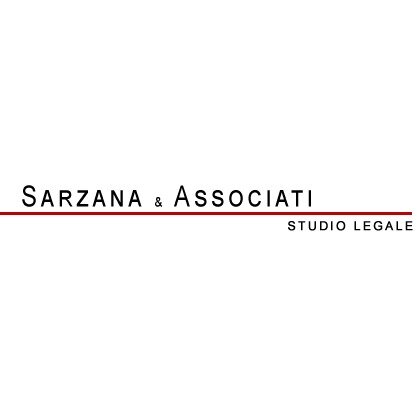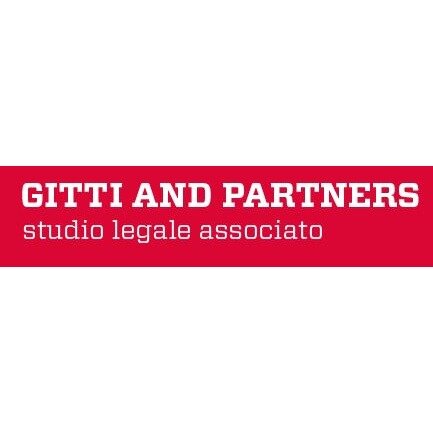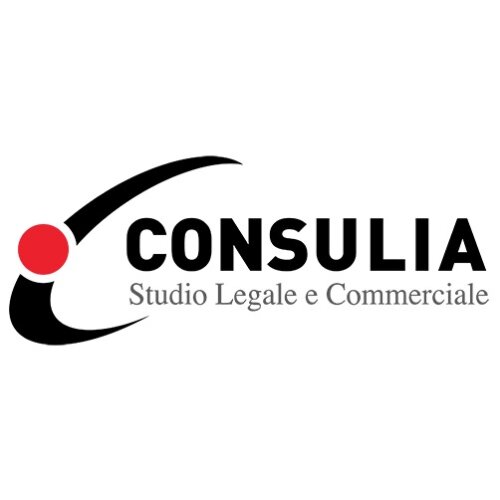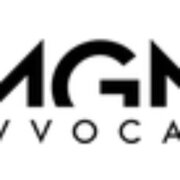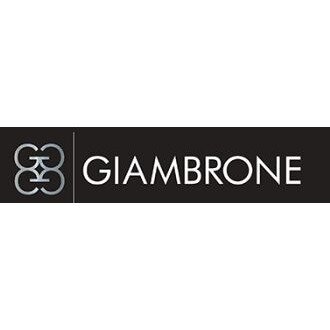Best Funds & Asset Management Lawyers in Rome
Share your needs with us, get contacted by law firms.
Free. Takes 2 min.
List of the best lawyers in Rome, Italy
About Funds & Asset Management Law in Rome, Italy
Funds and asset management law in Rome, Italy refers to the legal framework that governs the creation, management, and regulation of investment funds, as well as the professional management of assets on behalf of individuals and institutions. Rome, as the Italian capital and a major financial center, is home to numerous asset management companies, investment funds, private investors, and institutional clients. Italian law blends European Union regulations with its own detailed rules to oversee fund managers, fund structures, investor protection, disclosure requirements, and the relationships between stakeholders involved in asset management.
Why You May Need a Lawyer
There are several scenarios where obtaining legal advice in funds and asset management is critical in Rome. You may need a lawyer if you are:
- Setting up a new investment fund or asset management company
- Dealing with local regulatory authorities such as CONSOB or the Bank of Italy
- Complying with complex Italian and European financial laws
- Negotiating asset management agreements or distribution contracts
- Protecting your investments from mismanagement or fraud
- Resolving disputes with fund managers, investors, or counterparties
- Undertaking mergers, acquisitions, or restructuring of funds
- Navigating tax matters specific to funds and asset management
- Understanding marketing and distribution rules for Italian and foreign funds in Italy
A qualified legal professional can ensure both compliance and the safeguarding of your financial interests in these and other related matters.
Local Laws Overview
Funds and asset management in Rome are regulated by both national laws and European Union directives. The primary Italian law governing this area is Legislative Decree no. 58/1998 (commonly known as the Consolidated Law on Finance or TUF), which sets out rules for the authorization, operation, and oversight of investment firms and funds. Key aspects include:
- Authorization and Supervision: Investment funds and asset managers must be authorized by local regulators, primarily CONSOB (the Italian Securities and Exchange Commission) and the Bank of Italy.
- Fund Structures: There are different types of funds, such as UCITS (Undertakings for Collective Investment in Transferable Securities), AIFs (Alternative Investment Funds), real estate funds, and closed or open-ended funds.
- Passporting and Cross-border Services: European Union rules allow funds authorized in other EU countries to be marketed in Italy, subject to notification procedures.
- Investor Protection: Regulations are designed to safeguard investor interests through transparency, suitability assessments, and risk disclosures.
- Anti-money Laundering: All market participants are subject to strict anti-money laundering and counter-terrorism financing rules.
- Taxation: There are specific tax regimes for funds and investors based on fund type, investor profile, and residency.
Staying compliant with these laws is vital for all participants and often requires experienced legal guidance.
Frequently Asked Questions
What is an investment fund in Italy?
An investment fund is a pool of assets provided by multiple investors that is managed by a professional asset manager to invest in securities, real estate, or other financial instruments. Italian law recognizes various types of funds, including UCITS and AIFs.
Who regulates funds and asset management companies in Rome?
The primary regulators are CONSOB (Commissione Nazionale per le Società e la Borsa) and the Bank of Italy. CONSOB focuses on investor protection and transparency, while the Bank of Italy oversees financial stability and prudential supervision.
Can foreign funds be marketed in Rome, Italy?
Yes, foreign funds, especially those established under EU rules, can be marketed in Italy, provided they comply with Italian notification procedures and regulatory requirements.
What is the difference between UCITS and AIFs?
UCITS are harmonized European funds that can be marketed to retail investors across the EU. AIFs (Alternative Investment Funds) are a broader category, including hedge funds, real estate funds, and private equity, typically aimed at professional investors and subject to different rules.
What licenses are required to manage funds in Rome?
Asset management companies must obtain specific licenses from the Bank of Italy and be registered with CONSOB before they start operations. Individuals providing asset management services also need to meet fit and proper requirements.
Are there any restrictions on marketing funds to retail investors?
Yes, strict rules apply. Only certain fund types, such as UCITS, can be marketed to retail investors, while others are limited to professional or qualified investors. Marketing materials must also meet regulatory standards for clarity and accuracy.
How are disputes between investors and managers resolved?
Disputes can be resolved through civil litigation in the Italian courts or, in some cases, through arbitration or mediation, depending on the terms of the investment agreement and applicable law.
What are the tax implications for investors in Italian funds?
Taxation depends on the fund type, the investor's residency, and the nature of the investment. There are specific withholding tax rates and exemptions that may apply, and tax advice from a professional is recommended.
What compliance obligations do asset management firms have?
Firms must comply with reporting, anti-money laundering, risk management, and disclosure obligations as set by national and European regulators. Effective internal controls and up-to-date policies are essential.
What is the process for setting up a new fund in Rome?
The process involves drafting fund rules or statutes, appointing a licensed management company, obtaining approvals from the relevant authorities, and ensuring compliance with all regulatory and operational requirements. Legal assistance is highly recommended to navigate this process.
Additional Resources
The following resources offer further information and support for those involved in funds and asset management in Rome:
- CONSOB (Commissione Nazionale per le Società e la Borsa) - the primary financial market regulator in Italy
- Bank of Italy (Banca d'Italia) - responsible for banking and financial system stability, including asset managers
- Assogestioni - the Italian association representing asset management companies
- Ministry of Economy and Finance (MEF) - provides information on fiscal and economic policies
- European Securities and Markets Authority (ESMA) - for EU-wide fund rules and guidance
- Local legal and financial advisory firms specialized in asset management and funds
Next Steps
If you require legal advice or services related to funds and asset management in Rome, Italy, consider these steps:
- Identify your needs: Determine whether you need advice on fund formation, compliance, dispute resolution, or another area.
- Consult with a legal professional: Seek out a lawyer with proven experience in funds and asset management law specific to Italy and preferably Rome.
- Prepare your documents: Gather all relevant information, including contracts, company formation documents, and correspondence with regulators.
- Schedule a meeting: Contact a trusted law firm and arrange for an initial consultation to discuss your case or project in detail.
- Follow up: Work closely with your chosen lawyer to address your legal needs and maintain regular communication to ensure compliance and protect your interests.
By taking these steps, you can navigate the complex regulatory environment and make informed decisions that support your goals in funds and asset management in Rome, Italy.
Lawzana helps you find the best lawyers and law firms in Rome through a curated and pre-screened list of qualified legal professionals. Our platform offers rankings and detailed profiles of attorneys and law firms, allowing you to compare based on practice areas, including Funds & Asset Management, experience, and client feedback.
Each profile includes a description of the firm's areas of practice, client reviews, team members and partners, year of establishment, spoken languages, office locations, contact information, social media presence, and any published articles or resources. Most firms on our platform speak English and are experienced in both local and international legal matters.
Get a quote from top-rated law firms in Rome, Italy — quickly, securely, and without unnecessary hassle.
Disclaimer:
The information provided on this page is for general informational purposes only and does not constitute legal advice. While we strive to ensure the accuracy and relevance of the content, legal information may change over time, and interpretations of the law can vary. You should always consult with a qualified legal professional for advice specific to your situation.
We disclaim all liability for actions taken or not taken based on the content of this page. If you believe any information is incorrect or outdated, please contact us, and we will review and update it where appropriate.






